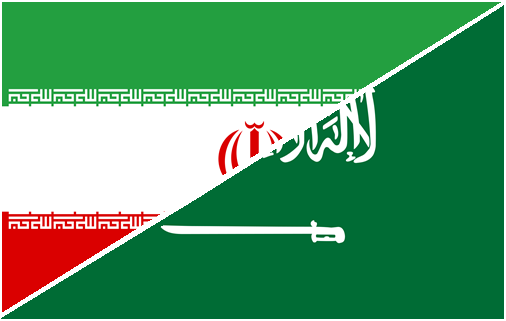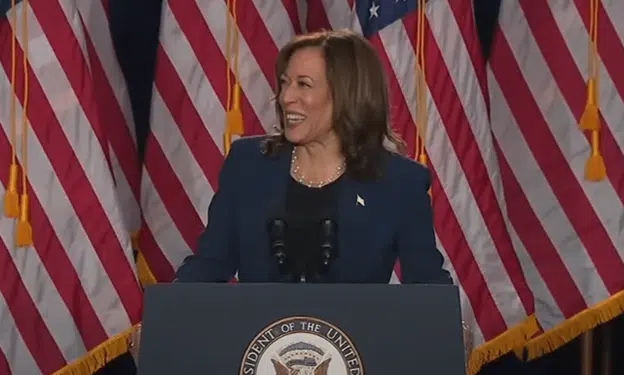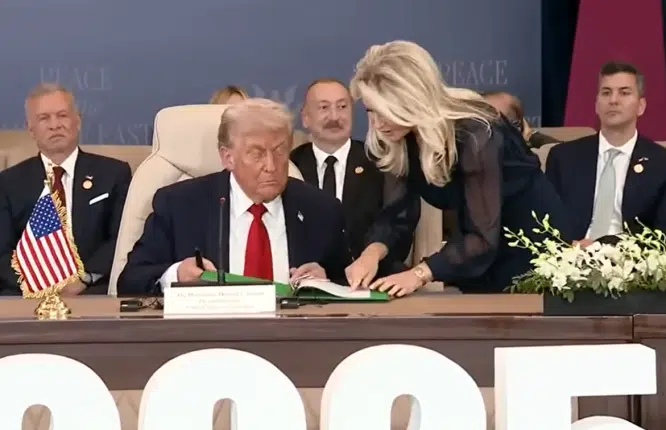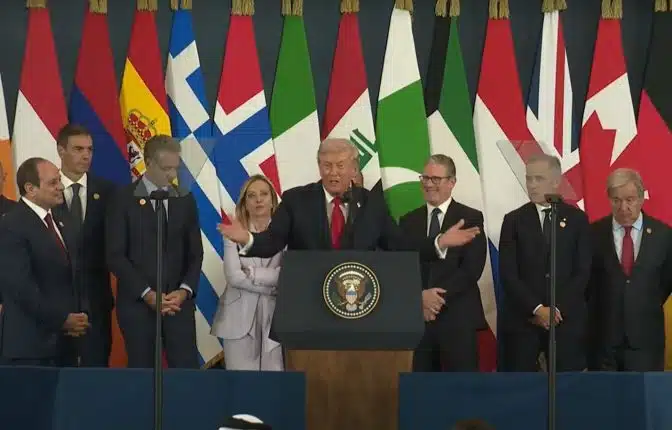Iran test-launched a nuclear-capable ballistic missile in violation of a UN Security Council resolution, a reminder of the importance of U.S. strategic partnerships in the Middle East that serve as offsets to Iranian hegemony in the region, including Saudi Arabia and Israel.
What should be a sobering moment, however, is overshadowed by allegations that the Crown Prince of Saudi Arabia, Mohammad bin Salman, ordered the execution of Jamal Khashoggi. CIA assessments to that effect have leaked. Let’s give that assessment the benefit of the doubt for a moment — let’s just say that’s what happened — and consider where we are in the region.
Saudi Arabia is the major Sunni Arab power in the region and also the world’s second largest oil producer and a key strategic ally of the U.S. It is also the principal military offset to Iranian power in the region besides Israel.
The U.S. may or may not be in a position to determine who sits as the Crown Prince. It could levy sanctions but the costs of doing so must be weighed along with the potential benefit, if there is any, to deposing bin Salman. Even if such an endeavor succeeded, is a weakened House of Saud in U.S. interests?
What if U.S. intervention engendered domestic upheaval in Saudi Arabia, threatening the government at large? When Muammar Gaddafi was overthrown in 2011, Lybia descended into chaos. When Saddam Hussein was overthrown in 2003, Iraq descended into chaos at great cost to the U.S., the beneficiary of which was arguably Iran.
Whose interests does overthrowing the Saudi Crown Prince serve? Certainly not Saudi Arabia’s, whose sovereign interest certainly would be to determine its own rulers. In U.S. interests? If overthrowing bin Salman spoiled the alliance, how would that be in our interests?
One country that benefits handsomely from peeling the U.S. away from Saudi Arabia would be Iran by isolating its principal rival at a time when the U.S. is still seeking to counter its nuclear program and missile proliferation. So, would Russia, the U.S.’s main competitor from abroad in the region.
Instead, much of the domestic media obsession with deposing bin Salman really appears to have more to do with suiting a narrative that, somehow, President Donald Trump is cozying up to dictators. Never mind the fact that the U.S. has long backed dictators in the past as the lesser evil to revolutionary forces or regional war. Strategic stability trumps values. It always has.
Some might even argue that fighting for U.S. values serves U.S. interests, but threading that needle is not always easy, and in this case, does not appear as compelling when Iranian missiles are flying.
The case has also been made that Saudi Arabia has not been a good partner for the U.S. but given the level of military cooperation the country has afforded when the U.S. needed over the years including bases, relative to other allies, the government there has proven its value and should not casually be cast aside.
That is not to ignore those who would simply prefer to remove bin Salman or sanction Saudi Arabia for humanitarian or moral reasons, perhaps owing to the ongoing Saudi campaign in the civil war in Yemen or the Khashoggi murder.
We have seen these pressure campaigns from the D.C. national security establishment since Trump came into office to varying degrees, seeking to undermine the President’s policies toward Russia and North Korea.
Even if such policies seeks to avoid unnecessary wars, the political imperative to oppose Trump by any means necessary appears now to be risking national security.
The U.S. cannot impose its will on the Middle East alone. Iran is on the move, and the U.S. needs strong allies, including Saudi Arabia, to serve as a counterweight to prevent those missiles from ever having nuclear weapons attached. We can figure out the rest later.
Robert Romano is the Vice President of Public Policy at Americans for Limited Government.







